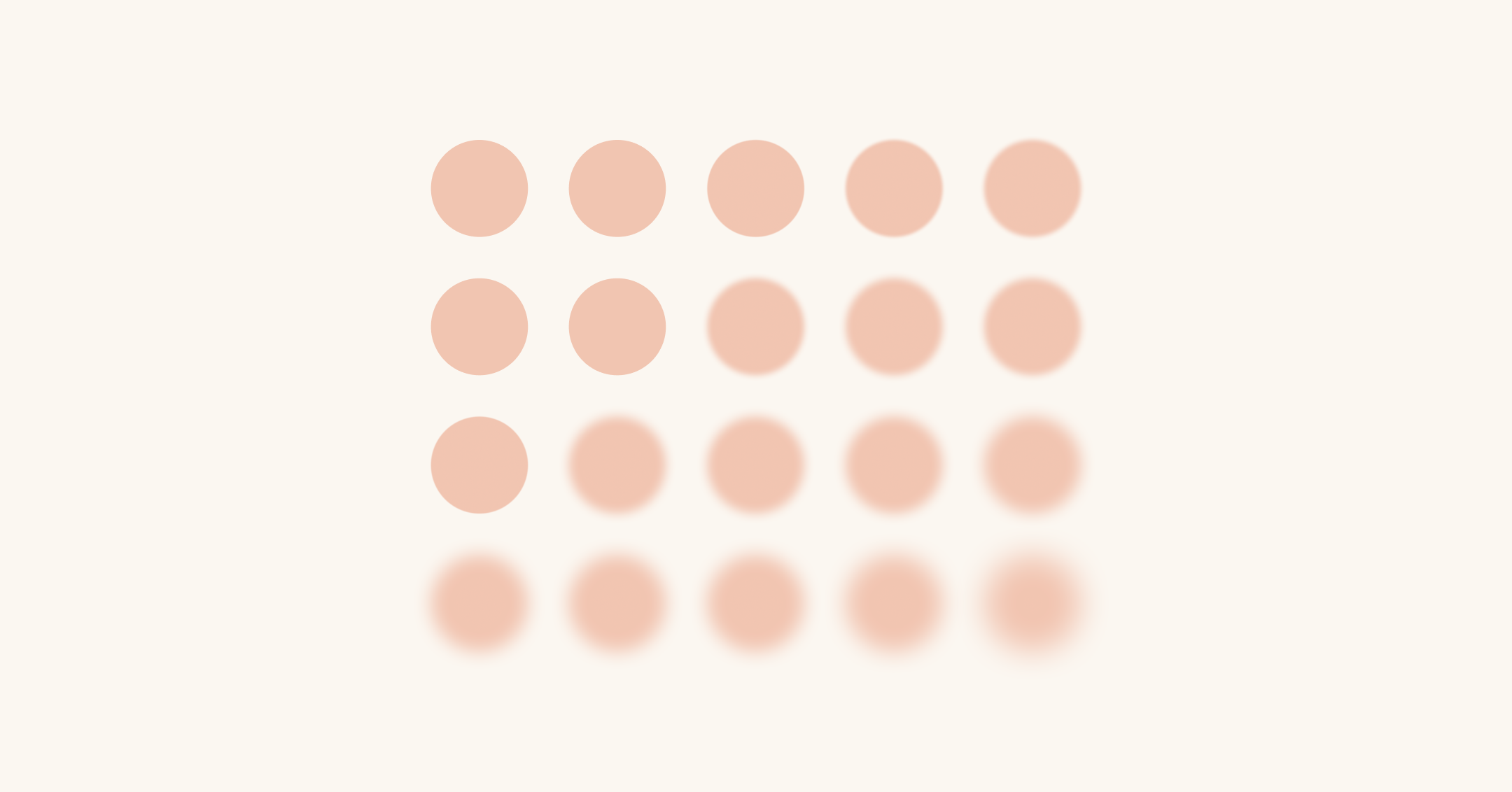Addiction is a term that can have different meanings, depending on the context. In general, it refers to an unwanted focus on a substance or behavior.
Some addictions are classified as mental health conditions based on specific diagnostic criteria. But people can have unwanted fixations of all kinds, and you don’t need a formal diagnosis to ask for help.
Addiction is a common health concern that affects people from all walks of life. But fortunately, it’s highly treatable with the right support.
Despite how common it is in everyday conversation, the term “addiction” doesn’t have a simple definition. It’s one of those concepts that can mean many different things, depending on the person and their situation. For example, in clinical settings, it can describe a substance use disorder like an addiction to alcohol, if a person meets the diagnostic criteria for that condition.
But on the other hand, some people use the term more casually. It can be a catch-all phrase for an extreme focus on something that may or may not have serious consequences. So to truly understand addiction, let’s unpack how mental health professionals view the concept and review the most effective treatment options.
What are the different types of addictions?
The Diagnostic and Statistical Manual of Mental Disorders (DSM-V) is a guide used by medical and mental health professionals to diagnose mental health conditions. According to the DSM-V, there are a few different types of addiction that meet the criteria for a disorder. Most of these are substance-related (like alcohol use disorder), and there is only one behavioral addiction that’s included with this group — gambling. However, people can have all sorts of unwanted behavioral compulsions that negatively impact their lives. For example, you may have heard of other behavioral addictions, like:
Food addiction
Sex addiction
Pornography addiction
Internet addiction
Gaming addiction
The DSM explores some of these topics in other sections. But they aren’t classified in the same category as an addiction to substances like opioids, for example. So now you might be wondering, if these aren’t formally recognized addictions, are they real?
The simple answer is yes. People can develop an unhealthy relationship with substances and behaviors of all kinds. And you don’t have to meet the clinical criteria for a disorder to ask for help. Addiction is incredibly common, and it can affect people from all walks of life. More importantly, it’s not a moral failing. Rather, it’s a mental health condition that’s treatable with the right support.
The care you need, when you need it
Learn how Rula can support your mental health journey
What causes addiction?
One of the most important questions surrounding addiction is “What causes it?” While researchers have made lots of progress in exploring this topic in recent years, we still don’t have a simple answer. However, we do know that addiction has genetic, environmental, and psychological components.
Two of the most compelling predictors of addiction are access to substances and growing up in a home with harmful substance use, especially from a young age. In addition, childhood trauma may also increase the likelihood that a person will develop an addiction later in life.
In addition to environmental factors, having a close biological relative who also lives with addiction (like a parent or sibling) may increase the odds that a person will develop one. While there isn’t a single “addiction gene,” research shows that genetics may shape about 50% of a person’s risk.
Many people who have a substance use disorder also have a co-occurring mental health condition. These often include anxiety, depression, bipolar disorder, attention-deficit hyperactivity disorder (ADHD), and others. For treatment to be effective, both the addiction and co-occurring disorder(s) must be addressed.
It’s important to remember that having any one of these risk factors will not automatically lead you to experience addiction. Also, most people will have times in their lives when they have a hard time breaking an unwanted habit.
For example, maybe you spend hours in front of the TV after work. The more this happens, the more you feel disconnected from your family and the more it bothers you. It might take some time and a little discomfort, but eventually, you can get this behavior under control. In this instance, you weren’t necessarily addicted to watching TV.
So what does qualify as addictive or compulsive (out-of-control) behavior that may require professional help? While each person who lives with addiction will have their own unique experience, some common signs to be aware of include:
Frequent, uncontrollable cravings for the substance or behavior that don’t go away unless you access the substance or do the behavior
Feeling that you cannot control your substance use or behavior
Experiencing uncomfortable physical or emotional symptoms of withdrawal when you can’t access the substance or engage in the desired behavior
Loss of ability to attend to responsibilities at home, work, or school
Personal problems, like relationship strain due to the addiction
Increased tolerance for the substance or behavior over time, meaning you need more of it to get the desired effect
What are the most effective treatment options for addictive disorders?
If you or someone you care about needs addiction treatment, know that there are many effective options to choose from. A mental health professional who specializes in addiction and compulsive behaviors can help you decide the best option for you. An addiction treatment plan may include any of the following:
Therapy: A therapist can help you identify underlying triggers affecting your addiction, learn healthy ways to cope with stress, and provide support for co-occurring mental health concerns. They can also help you set goals, identify strengths, and create a relapse prevention and response plan.
Detoxification: If a person has an active substance use disorder, they may need medical supervision as they clear their body of harmful substances. Detoxification or “detox” is often a foundational first step in overcoming addiction.
Medication-assisted treatment (MAT): For people living with opioid use disorder, medication-assisted treatment can provide comfort as they reduce their opioid use. MAT typically also includes counseling and other supportive services.
Support groups: Despite how common it is, addiction can be an isolating experience. Meeting people who have faced similar challenges can give you strength on the road to recovery and help you feel less alone
How do you help someone who has an addiction?
If someone you care about is living with an addiction, you might be unsure where to turn for help. But know that there are some things you can do to support them.
Know the signs. Learn more about the signs, symptoms, and causes of addiction. This will help you better understand what your friend or loved one is going through so you can provide support.
Encourage them to find support. If your loved one is open to it, encourage them to seek treatment. You can help them research local or virtual options and offer to help with things like transportation.
Offer practical support. If your loved one decides to enter inpatient treatment, offer to help with some practical concerns while they’re away from home. For example, offer to assist with childcare or other household responsibilities.
Prioritize self-care. Remember to prioritize self-care and set healthy boundaries. Supporting someone else can be hard work. So be sure to engage in activities that rejuvenate your mind, body, and spirit.
Find care with Rula
Addiction touches people in nearly every family and community across the world. While it can be difficult to navigate, it’s highly treatable with the right support.
At Rula, we make it easy to access specialized mental healthcare from the comfort of home. Whether you need individual, couples, or family counseling, we’ll help you find a provider who takes your insurance in less than 30 seconds. Plus, with Rula, you can skip the long wait times and begin seeing a therapist as soon as tomorrow.
Rula's editorial process
Rula's editorial team is on a mission to make science-backed mental health insights accessible and practical for every person seeking to better understand or improve mental wellness.
Members of Rula’s clinical leadership team and other expert providers contribute to all published content, offering guidance on themes and insights based on their firsthand experience in the field. Every piece of content is thoroughly reviewed by a clinician before publishing.




